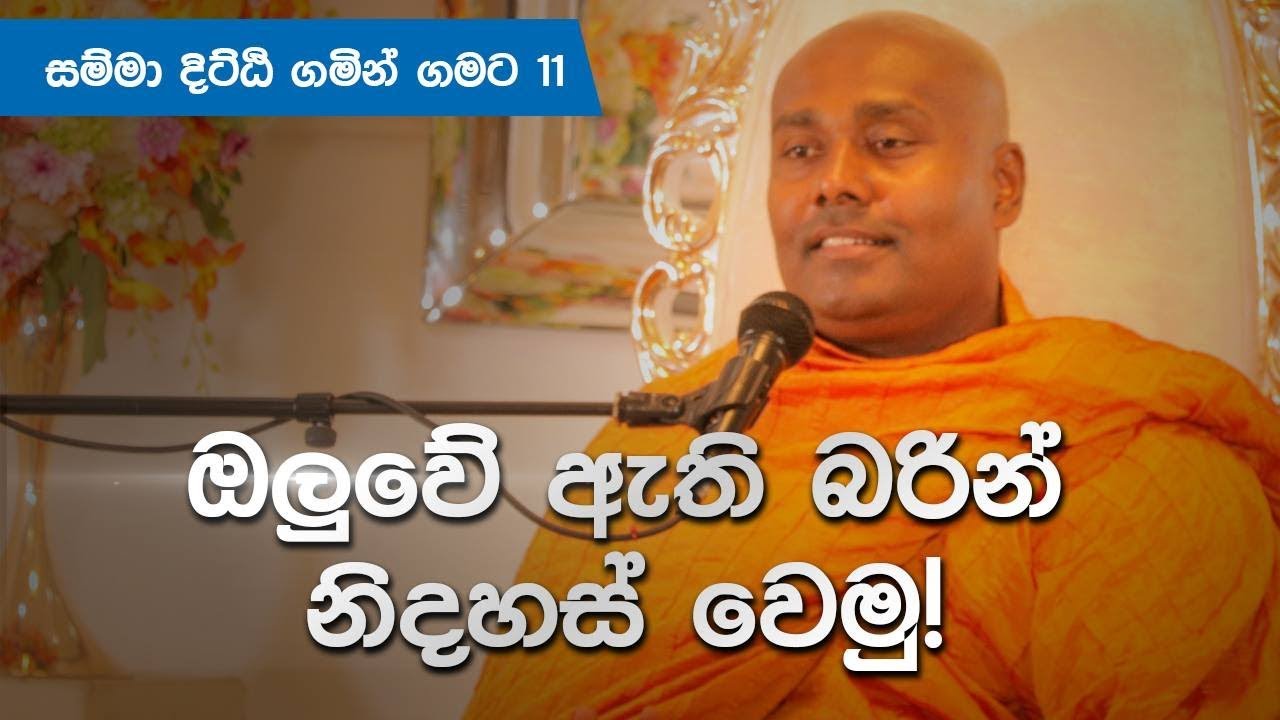From SN 1.20:
Then, when the night had advanced, a certain devatā of stunning beauty, illuminating the entire hot springs, approached the Venerable Samiddhi. Having approached, she stood in the air and addressed the Venerable Samiddhi in verse:
“Without having enjoyed you seek alms, bhikkhu,
You don’t seek alms after you’ve enjoyed.
First enjoy, bhikkhu, then seek alms:
Don’t let the time pass you by!”
“I do not know what the time might be;
The time is hidden and cannot be seen.
Hence, without enjoying, I seek alms:
Don’t let the time pass me by!”
Then that devatā alighted on the earth and said to the Venerable Samiddhi:“You have gone forth while young, bhikkhu, a lad with black hair, endowed with the blessing of youth, in the prime of life, without having dallied with sensual pleasures. Enjoy human sensual pleasures, bhikkhu; do not abandon what is directly visible in order to pursue what takes time.”
“I have not abandoned what is directly visible, friend, in order to pursue what takes time. I have abandoned what takes time in order to pursue what is directly visible. For the Blessed One, friend, has stated that sensual pleasures are time-consuming, full of suffering, full of despair, and the danger in them is still greater, while this Dhamma is directly visible, immediate, inviting one to come and see, applicable, to be personally experienced by the wise.”
I think that if one really understands the drawbacks and dangers of delighting in sense pleasures, how they are inextricably bound up with dukkha; how they are fleeting and unsatisfying, leaving one immediately wanting the next sense stimulation; how they strengthen the habit of desire and dissatisfaction and of looking outside one’s own mind for happiness; how they reinforce the construction of the self; and how they lead one away from true freedom, then the answer is clear.
And, as Samiddhi indicates when he says, “I do not know what the time might be; The time is hidden and cannot be seen”, who knows when we might die? Can we really plan our lives so that we can enjoy pleasures when young and then follow the path when older? Even if we could plan that, if one really felt that nibbana was a worthy goal, why would one want to spend years making it harder to attain by going in the opposite direction?
